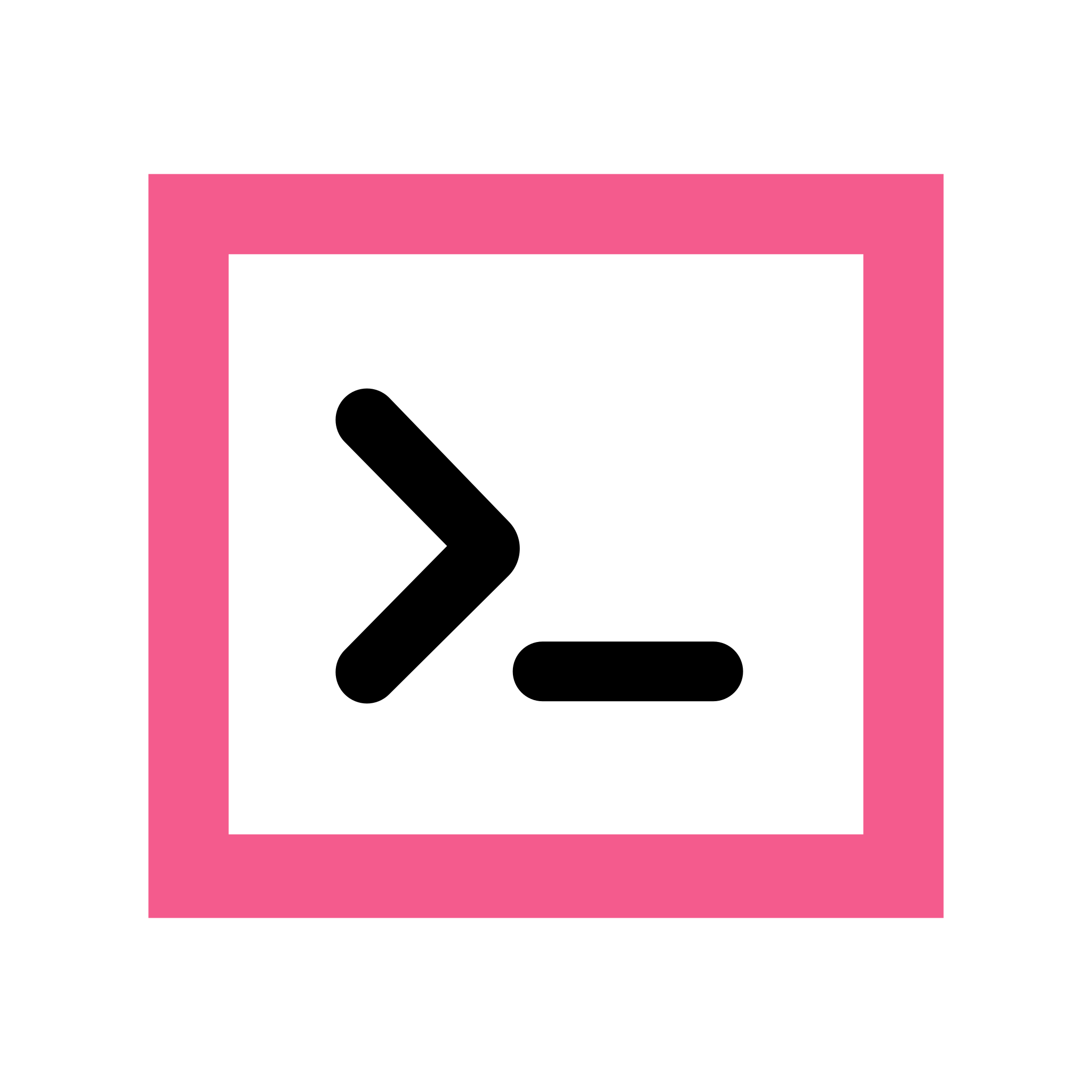

deleted by creator


deleted by creator


deleted by creator


If you can have a swapfile or swap partition, zswap will have much better experience than zram. And since Linux 6.8, zswap can disable writeback entirely so there will be nothing written to disk, just need a swapfile/swap partition to make kernel happy.
https://aur.archlinux.org/packages/zswap-disable-writeback


and even without it, you’ll get 150mA @ 5V by default out of the USB 3 host upstream and up to 900mA with some pretty basic USB negotiation in a protocol that dates from USB 1.0
That’s wrong. With USB Type-C, you can get the power up to 3A @ 5V with just two 5.1kΩ resistor on CC pins.


If he/she want to compare performance, they should do some benchmark instead. If he/she want to compare efficiency, they should count the power cost in different situations. Just see the GPU/CPU usage is meaningless from all views.
No. The original package manager can only handle install, uninstall and update (even no update). Since 1995 CPAN was invented, the package manager start to add feature to handle download and dependency resolve.
Actually you still can find this kind old school package manager: Slackware, its package manager can only handle install, uninstall and update. It won’t do any dependency check or version check. It’s package format also very simple: just a tarball, install is extract tarball to specific directory and execute
doinst.shin tarball. Uninstall is invert, remove all files in tarball and executedouninst.sh.If you package all files needed by install process into a tarball and place it in your repo, you will get a Slaceware package manager with download feature. (Slackware don’t have download feature, all official packages were included in install media and you must download third-party packages by yourself.)
Package manager can be universal. But make it universal with cost: since it can’t depend on any distro-specific thing, it must include nearly everything of userspace.
(NOTE: Your script repo is not universal since prebuilt binary downloaded from script usually depends on some distro-specific things, such as Glibc version. Glibc is backward compatible, but not forward compatible. So you can’t use these binary in the environment with lower version glibc than when it was built. So many projects will try to avoid these things, they use static-linked musl or don’t use libc at all (e.g. Golang). But it will bring maintenance pressure so most projects don’t do it unless there is an infrastructure to do it easily, such as Golang)
Actually there is some package manager make themselves universal like Gentoo-prefix and Nix.
That’s bootstrap problem. You always need a way to get the first package manager. I don’t know how Homebrew do. But you can use curl command to download static-linked version package manager to use it without any
https://example.com/install.shfor most linux package manager (Except the one written by python. Actually you can do it as well, just download hundreds of files is annoying.).